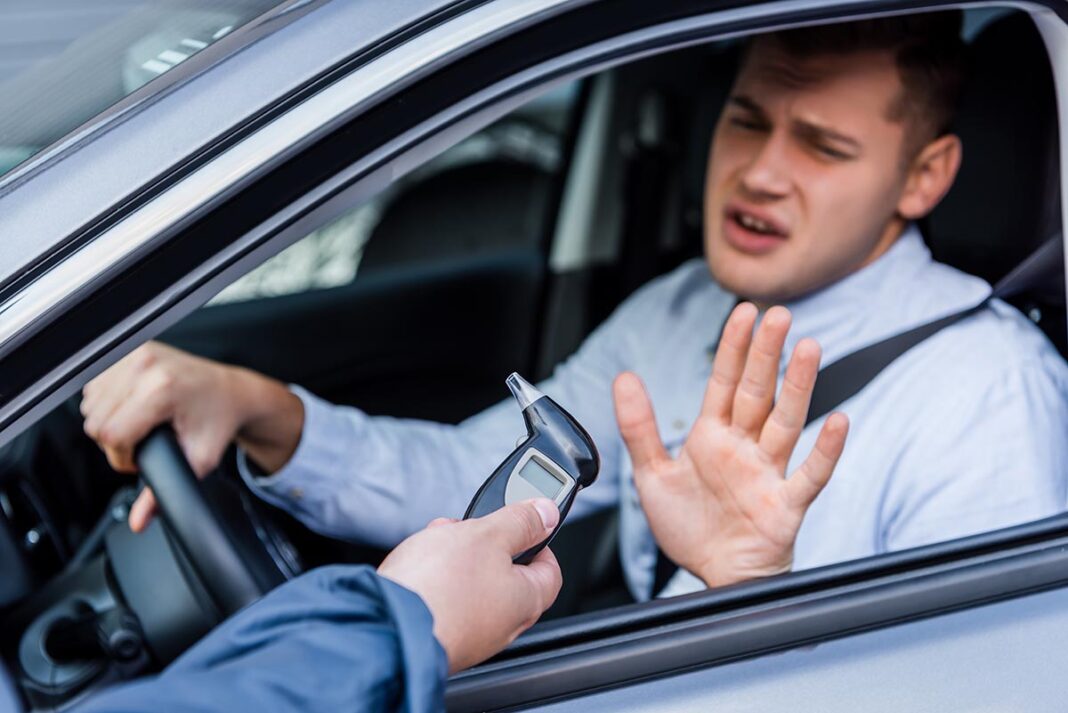The decision, which deems the current provision unconstitutional, gives the National Assembly one year to find a new legal solution.
For nearly three decades, handheld breathalyser tests have served as sufficient proof of drunk driving if the tested driver agreed with the result. However, the court found this practice violates the presumption of innocence guaranteed by the Constitution, explaining that a person’s consent and a preliminary test are not enough to meet the constitutional standard of proof.
Drivers, the judges said, are not qualified to verify their own blood alcohol concentration and may unknowingly waive their right to more accurate testing.
Until lawmakers amend the legislation, police will continue to use handheld breathalysers to ensure road safety. Yet, dissenting judge Špelca Mežnar warned that the ruling could seriously hinder drink-driving control, noting the impracticality of relying solely on larger, more precise breath-testing devices located mainly at police stations or health centres.







